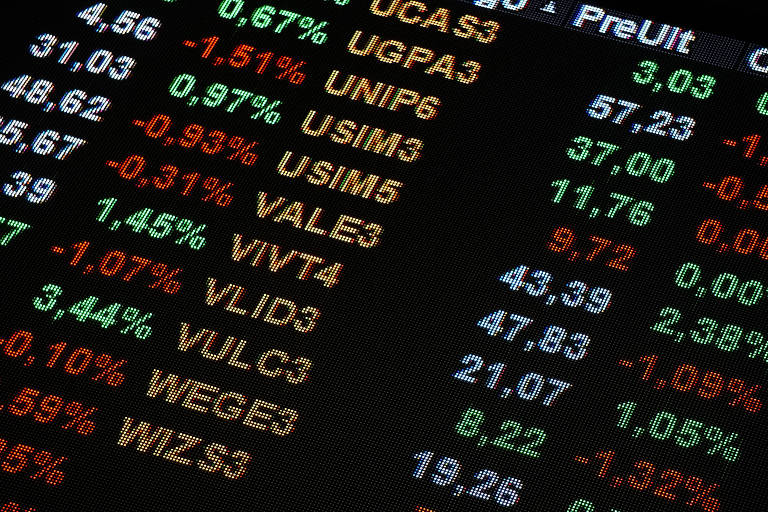The Stock Exchange ended 2019 up 31.58% over 2018. The performance, the best since 2016, can be explained by investor frustration with income from fixed income.
The number of Brazilians who invest in shares has doubled from 813 thousand to 1.6 million in November.
The Ibovespa, the country's main stock index, went from 87,000 points at the end of 2018 to over 115,000 points on Monday (30), the last trading day of 2019.
The appreciation, however, fell short of some of the expectations of the market, which pointed index higher than 120 thousand points.
The rise, however, was similar to that of the American stock exchanges.
Also, throughout 2019, the Selic rate fell from 6.5% per year to 4.5%, bringing the country closer to zero real interest.
Inflation for the year is expected to be around 4%, while GDP (Gross Domestic Product) growth bets are around 1.17%.
According to analysts, the appreciation is explained by the optimism of local investors with the liberal shift in the country's economic policy.
The stock market hike in 2020 should be more contained; according to median estimates, Ibovespa is expected to end 2020 at 130,000 points, an increase of 12%.
Translated by Kiratiana Freelon
